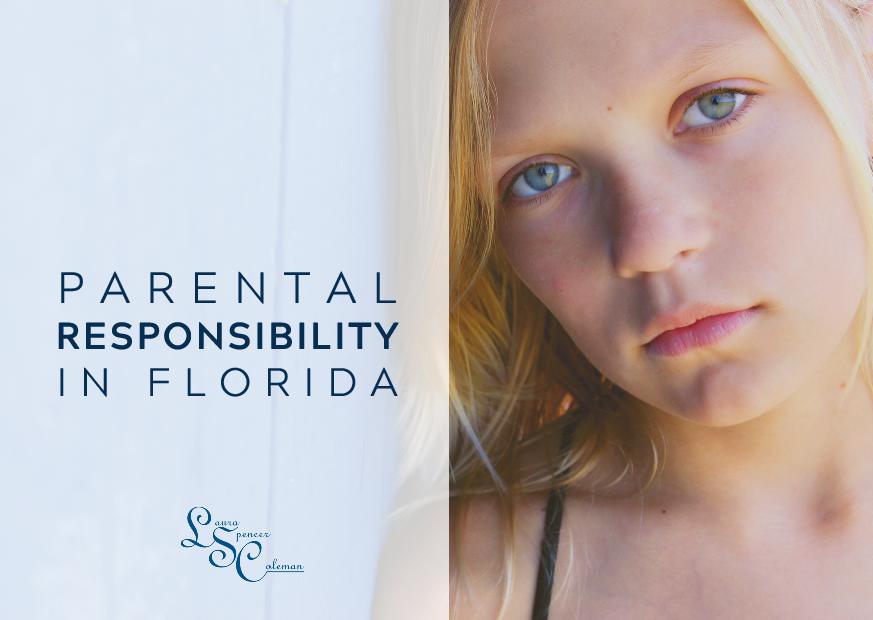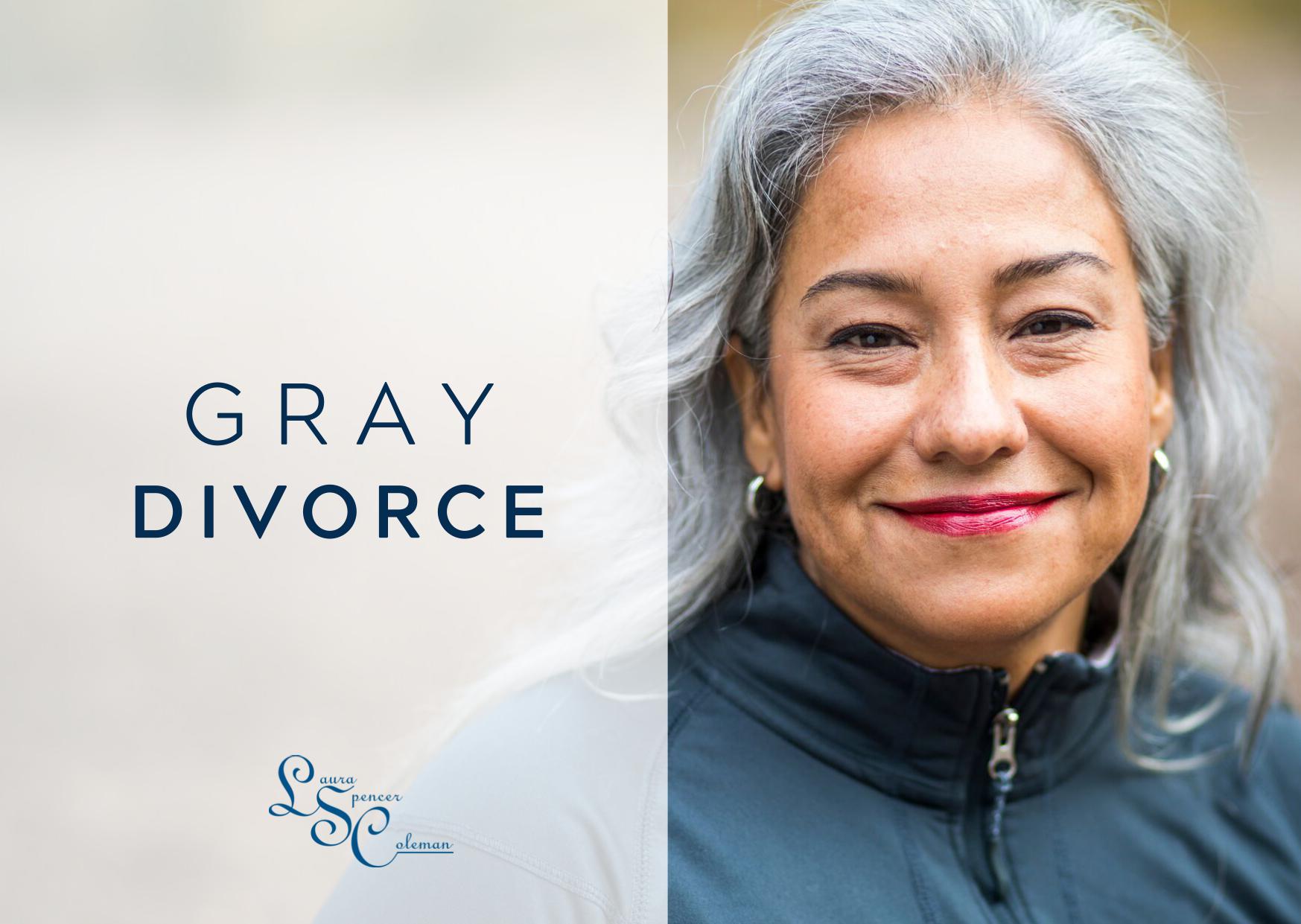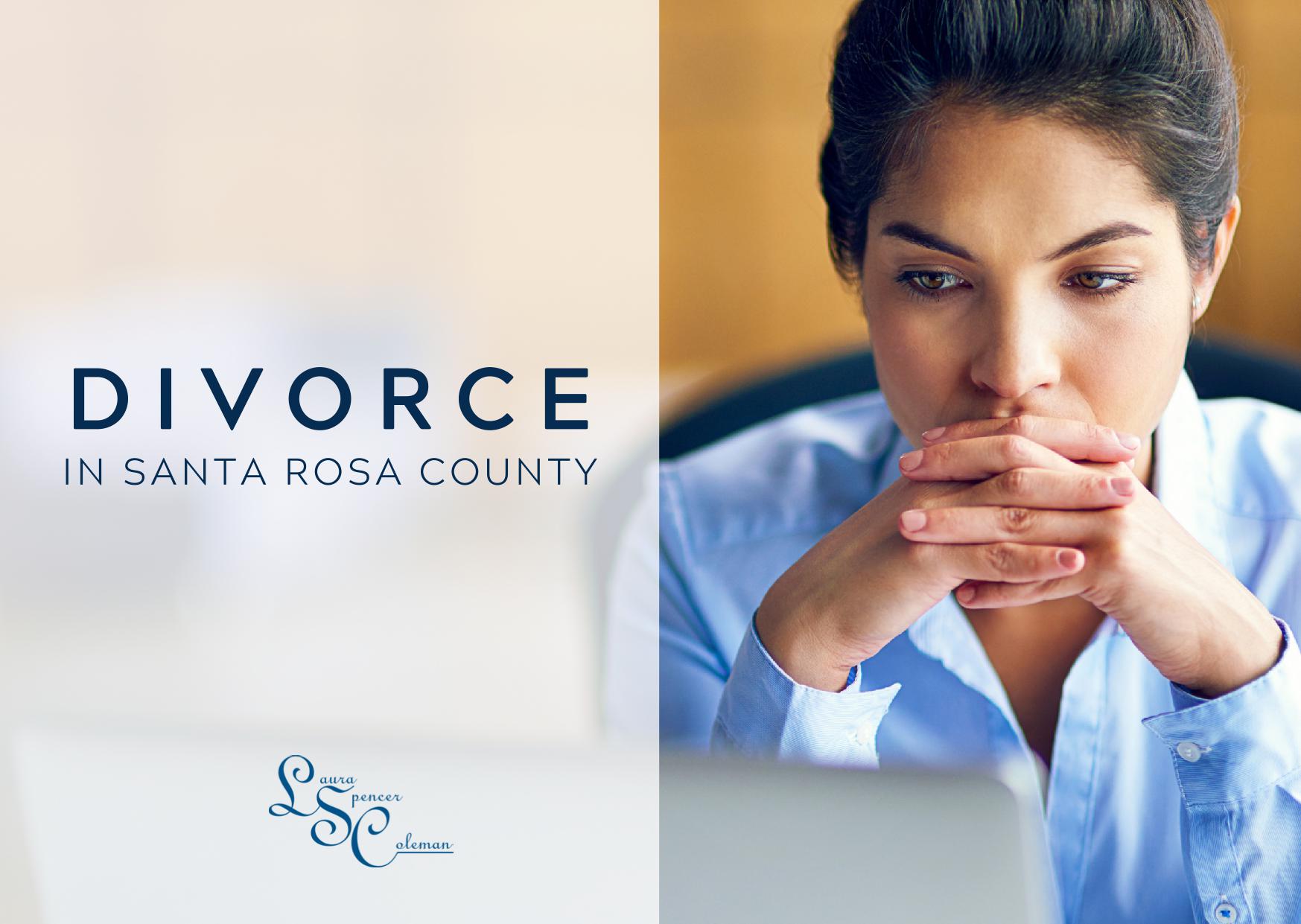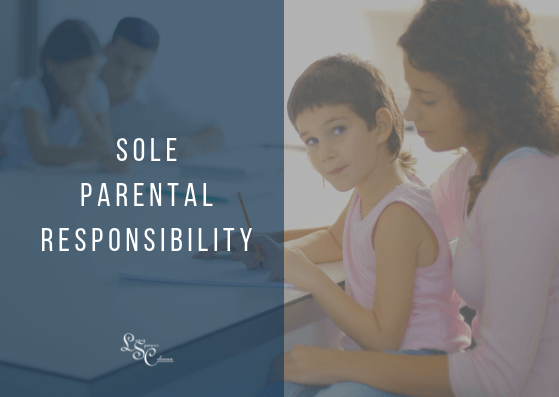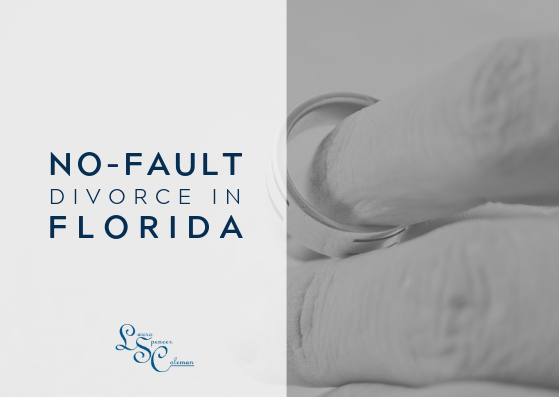What Should You Know About Juvenile Law In Florida?
- By Laura Spencer Coleman
- •
- 09 Jan, 2018
- •
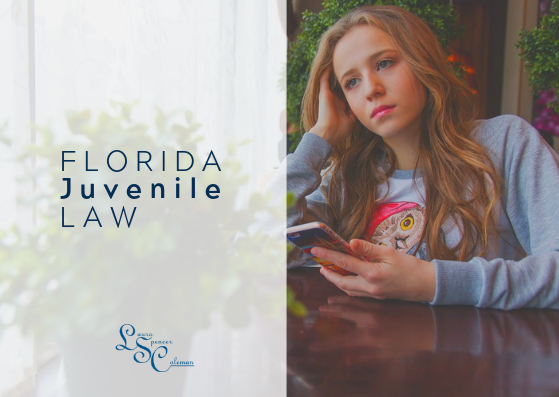
Juvenile Crime in Florida
When a crime in Florida is committed by an individual who is younger than 18 years of age, the crime is considered a juvenile crime.
For crimes committed by juveniles, the process of arrest and conviction is different than the process for adult offenders.
After being arrested for a juvenile crime, your child will be sent to a Juvenile Assessment Center. There, your child will be fingerprinted and booked. She will also be assessed through a Detention Risk Assessment Instrument to determine whether or not she requires secure lock-up.
If it is determined that your child doesn’t require secure lock-up, she will be released to your custody. If she does require secure lock-up, she will be transferred to a Juvenile Detention Center.
She is entitled to a hearing before a judge within 24 hours of being admitted to the JDC.
Juvenile Detention And Custody In Florida
Unless your child has been previously tried and convicted as an adult, he or she cannot be put in jail.
Minors charged with violating a criminal statute are not subject to the same incarceration and jailing laws that adult offenders are.
As we stated before, sometimes a juvenile offender will be sentenced to a short stay in a juvenile detention facility. Juvenile detention facilities are not designed for long-term residence.
If your child is given a long-term rehabilitation sentence, they will be placed in a long-term residential treatment program.
Find A Trustworthy Florida Juvenile Law Attorney
The first step you should take following your child’s arrest for a juvenile crime is finding a trustworthy, knowledgeable juvenile crime attorney.
Laura Spencer Coleman is a Florida native with over 15 years of experience in juvenile crime law.
If you’re searching for compassionate, knowledgeable juvenile law services in Northwest Florida, contact the law offices of Laura Spencer Coleman today.


